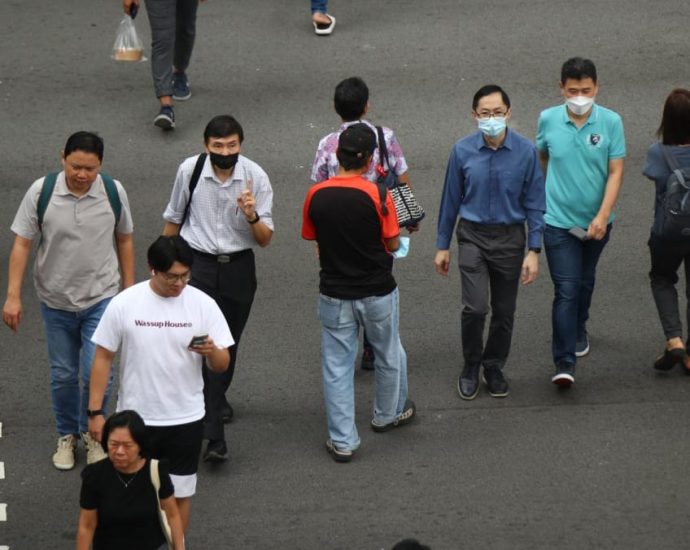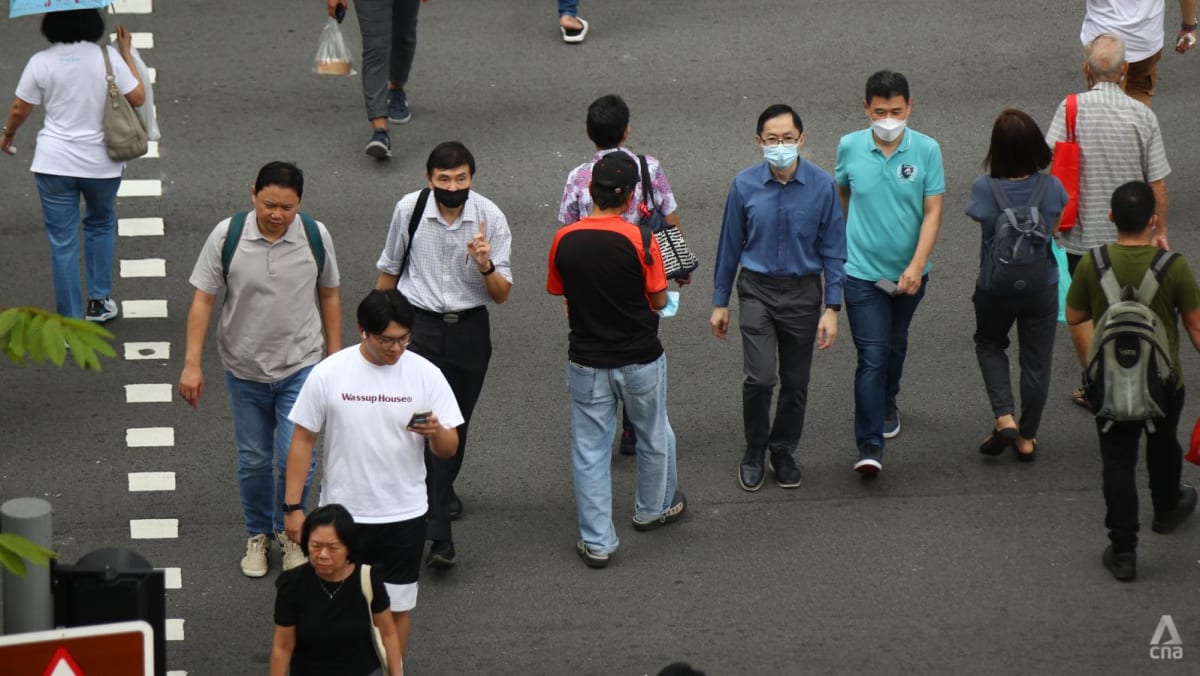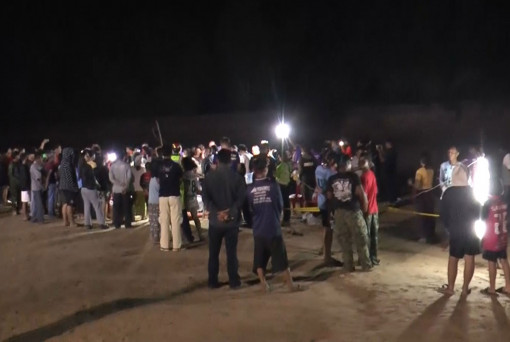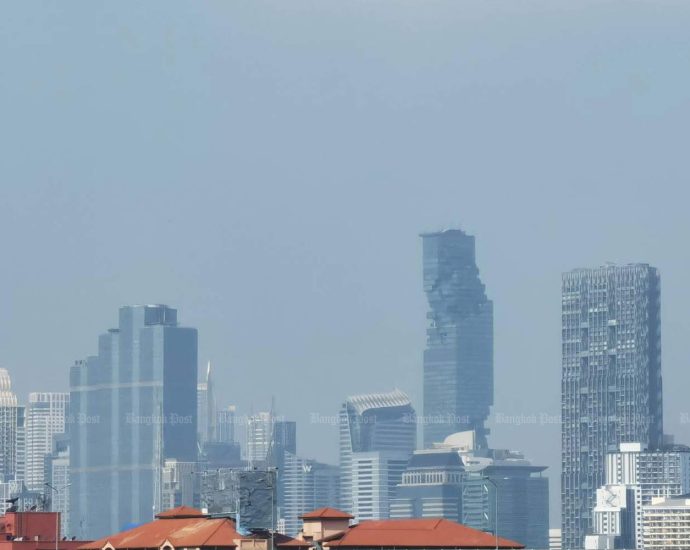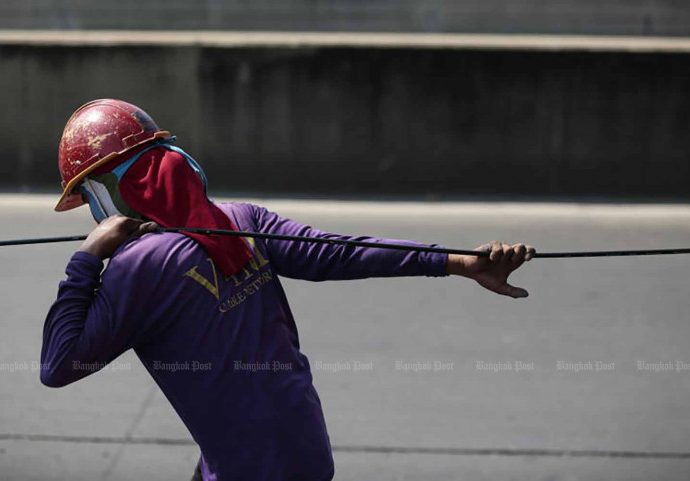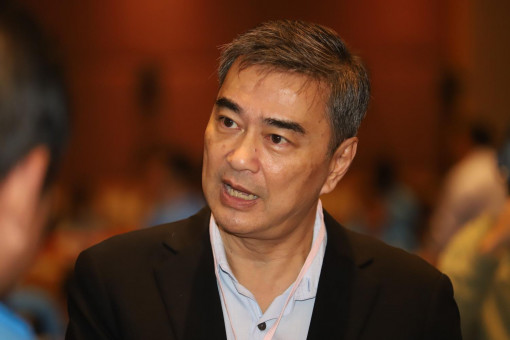Olympic champ Somluck has not been charged yet
PUBLISHED : 12 Dec 2023 at 12:39

KHON KAEN: Former Olympic boxing champ Somluck Kamsing has not yet been called to hear a charge of sexual assault brought by a 17-year-old girl, police said on Tuesday.
Investigators had finished compiling the case details, but had yet to file a charge because the girl was not ready for interrogation, Pol Col Yosawaj Kaewsuebthanyanij, chief of the Muang Khon Kaen police station, said.
The girl was at the Khon Kaen Shelter for Children and Families, he said.
At this stage, police could take legal action only against the operator of the pub where Mr Somluck met the girl. The pub operator was charged with allowing entry to customers aged under 20 years.
Pol Col Yosawaj said the girl entered the pub with friends from the same school she went to.
Police were looking into rumours of gang blackmail and ID card forgery to enter entertainment places.
The 17-year-old, whose name was withheld, is from Nong Kung Si district of Kalasin province. She told police when she filed her complaint on Sunday that she met 50-year-old Somluck at a pub in Muang district, Khon Kaen province, on Saturday night.
The former boxer took her to a hotel room about 3.30am on Sunday. There, she alleged, Mr Somluck sexually assaulted her.
Earlier Mr Somluck, 50, said that while in the pub he was befriended by the girl, who asked for a selfie photograph with him. Following some intimacy, he took her to the hotel.
Mr Somluck said they had both taken off their clothes. Before going further, he had asked how old she was. When the girl replied she was 17, he stopped making advances and went to asleep.
Mr Somluck said he did not go any further than that, and was certain of his innocence.
Mr Somluck was a Muay Thai fighter before turning to boxing. He earned a bronze medal at the 1989 King’s Cup and a gold medal at the 1995 event.
At the 1996 Summer Olympics in Atlanta, Georgia, in the United States, he won a gold medal in the men’s featherweight division. He was the first Thai athlete to win a gold medal at the Olympics.

Somluck Kamsing (photo: Kamsing family channel Facebook Page)


